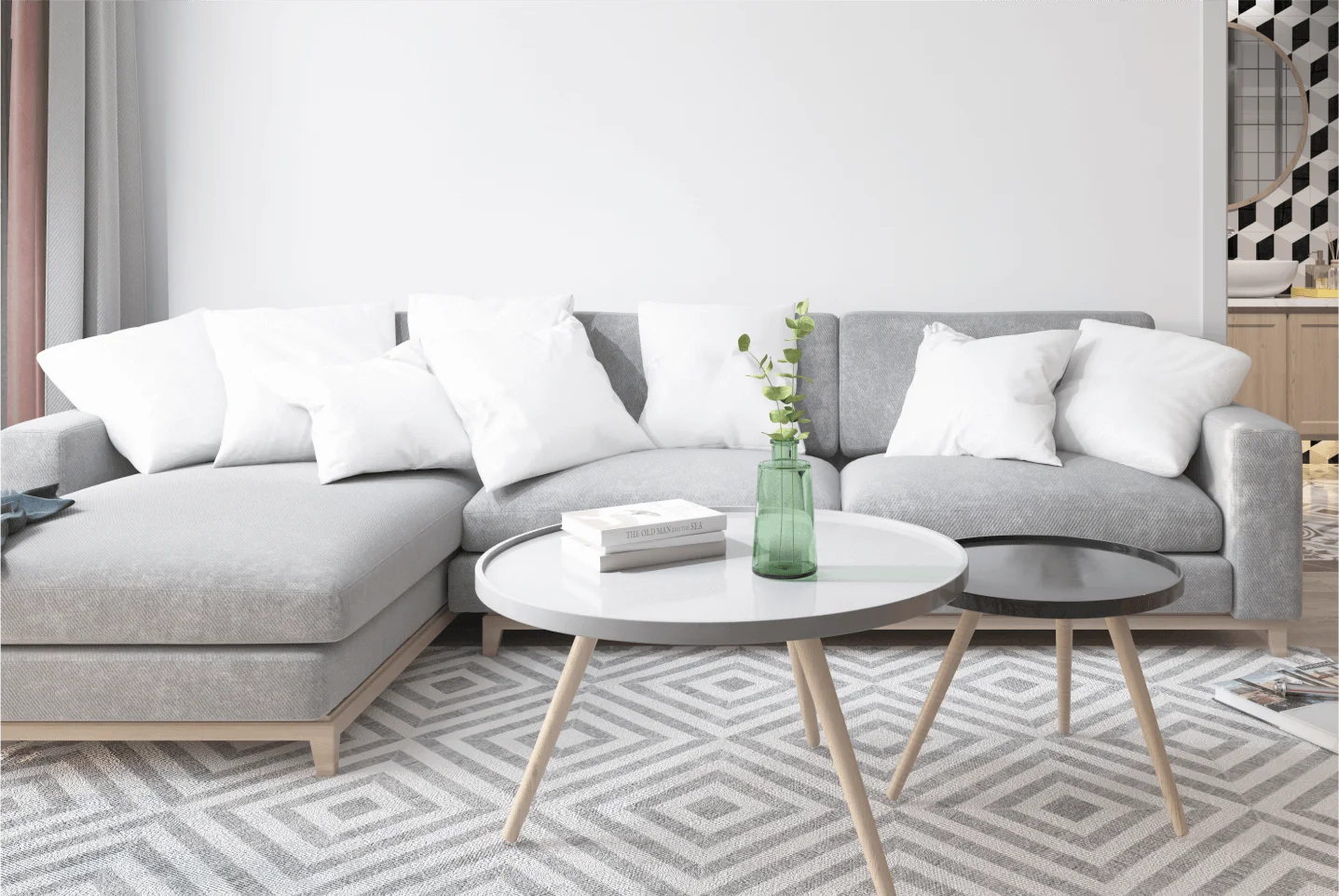Buy or Rent: Making the Right Move for Your Future
Deciding between buying or renting can be tough. We’ll help you explore your options and find the best choice for your family's future and finances.

When considering your future housing needs, two main options typically come to mind: buying a home or renting a property. Each choice comes with its own set of advantages and challenges, and making the right decision can have a significant impact on your financial and personal well-being. The key is to weigh the pros and cons carefully, keeping your long-term goals in sight.
Buying a home is often seen as a cornerstone of stability. When you own your home, you have the freedom to make it your own. Want to paint the walls or add or remove carpeting? Go for it! Owning your home means you can customize your space to fit your lifestyle and preferences. Additionally, homeownership has the potential to build equity over time. As you pay down your mortgage, you are increasing your ownership stake in the property, which can be a valuable asset in the long run.
Furthermore, homeowners often enjoy certain tax benefits. Mortgage interest may be tax-deductible, which can provide financial relief during tax season. Additionally, real estate tends to appreciate over time, meaning that the value of your property could increase, giving you a strong return on your investment when it comes time to sell.
However, it's essential to consider that buying a home also comes with responsibilities. Homeownership means you're responsible for maintenance and repairs, which can sometimes lead to unexpected expenses. It's wise to budget for these costs, as they can add up over time. Moreover, buying a home is a long-term commitment that can limit your flexibility. If your job or life circumstances change, selling a home can be a more complex process than simply moving out of a rental.
On the other hand, renting a property offers a different set of benefits. Renting provides a level of flexibility that homeownership does not. If you need to relocate for a job or personal reasons, moving out of a rental can be much simpler and less time-consuming than selling a home. This flexibility can be particularly appealing to younger individuals or those in transitional phases of their lives.
Renting can also relieve you of the financial burden of maintenance and repairs. If something breaks, you typically call your landlord, and they handle the situation. This arrangement can free up your finances for other priorities, like saving or investing. Additionally, in a rental situation, you're often not tied to property taxes, which can help you budget more effectively.
However, renting does come with its own disadvantages. Monthly rent payments can feel like throwing money away, as they do not contribute to building equity. Over the years, you may end up spending a significant amount on rent without ever owning a property. Additionally, rental prices can fluctuate, and lease agreements may limit your control over where you live and how much you can personalize your space.
So, how do you decide which option is best for you? Start by assessing your current financial situation and future goals. Ask yourself some important questions: Do you have enough savings for a down payment? Are you ready for the responsibilities of homeownership? Or do you prefer the flexibility of renting for now?
Another critical factor to consider is your lifestyle. If you anticipate staying in one place for several years, buying may be a worthwhile investment. If your job is in a transitional phase, or if you enjoy the freedom to move whenever you want, renting could be more suitable.
It’s also wise to think about the local real estate market. Understanding the trends in your area can help you make an informed decision. Are homes in your area appreciating in value? Or are rents rising at a pace that makes renting less appealing? Researching the market can provide valuable insights that guide your choice.
Another aspect to think about is your long-term financial goals. If you are focused on building wealth, a home can be a significant asset. Building equity through a mortgage can set you up for future financial stability. Conversely, if your primary goal is to maintain flexibility and avoid heavy financial commitments, then renting can keep your options open.
As you navigate this important decision, it's essential to reach out for guidance. Speak with a mortgage loan officer who can help you understand your options and tailor your approach to your unique circumstances. They can provide insights into the financial aspects of both buying and renting, helping you weigh your choices. Engaging in a conversation about your specific needs can help clarify what makes the most sense for you.
Consider scheduling a consultation to discuss your situation in more detail. Together, you can explore the financial implications of buying versus renting, ensuring that you make an informed choice that aligns with your lifestyle and future goals.
Remember, every individual's situation is unique, and what works for one person may not be the right choice for another. By evaluating your needs, financial situation, and long-term aspirations, you can make a well-informed decision that sets you on the path to success. Don’t hesitate to reach out today to discuss your specific needs and find the right solution for your future.